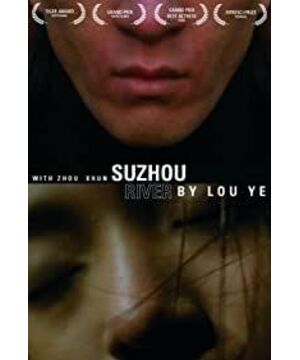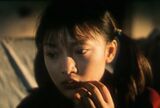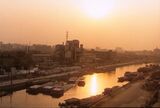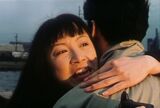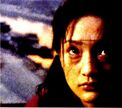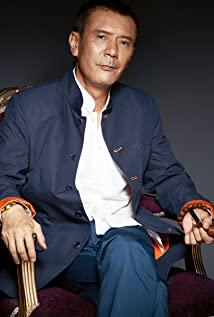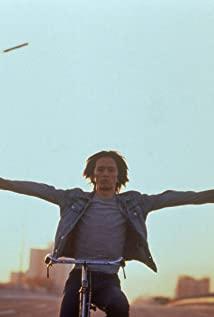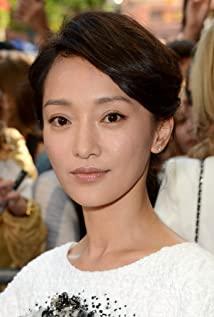Whenever I think of "Suzhou River", the melody of the episode "Liberation" always accompanies frame by frame. This kind of psychedelic feeling of confusion, trance and dreamlikeness is the source of the charming temperament of "Suzhou River". Someone once thought: ""Suzhou River" is the most beautiful egg laid by the New Wave in China." Director Lou Ye also agreed with this statement in the interview, he said: "...for example, the influence of the New Wave, this It is very realistic for the film, because I especially like New Wave films." It can be said that the successful shaping of the psychedelic sense in "Suzhou River" cannot escape the influence of the film aesthetics of the New Wave authors. In the 29 years since the completion of the first feature film "Weekend Lover" in 1993, Lou Ye has directed more than ten works. When it comes to this sixth-generation Chinese director, people's impression of him is nothing more than the words "shaking" and "halo" - this is inseparable from Lou Ye's consistent insistence on handheld photography. Italian neorealism shouted "carry the camera to the street", and then the directors of the new wave responded to the call, so a documentary and lyrical shooting style was brought to the street, in the cafe, and in the poor street by the directors In the rough alley, he also entered into Lou Ye's works. In "Suzhou River", Lou Ye retains the "problems" such as shaking, jumping, defocusing, and blur caused by handheld photography, and cooperates with the film's hero photographer's first-person narrative to create a strong sense of reality. In terms of documentary quality, it is like a montage of Suzhou River shot on a boat at the beginning of the film. The camera quickly flies over the muddy yellow water, the dilapidated buildings on both sides, and the simple-faced workers. The audience is drawn into the old Shanghai that has entered into modern society in a chaotic manner. In terms of lyricism, the subjective shots taken by the photographer on a date with the heroine Meimei use a large number of small scenes, camera shakes, and unstable composition, showing the hero and heroine indulged in love without knowing the feeling of being intoxicated. . In addition, the rough picture texture and dim lighting effects caused by handheld photography also enhance the psychedelic sense of the film. In the film narrative, "Suzhou River" also embodies the narrative principle adhered to by left-bank directors of the New Wave movement such as Aaron Resnais, that is, questioning the reliability and stability of the narrative. Since the entire film uses the photographer's first-person point of view (that is, his camera lens), his two paradoxical monologues: "Don't believe me, I'm lying." "My camera doesn't lie." The whole film fell into a psychedelic that was both true and false, indistinguishable. Even when the "story within a story" is told, that is, the love story between Ma and Peony, what the audience can see is only the photographer's imaginary perspective, and the truth of the story is never revealed to the audience. In this psychedelic, we are very It’s hard not to think of the narrative game of Last Year in Marienbad that blurs the perception of authenticity. The protagonist photographer’s extensive monologues and narrations are full of non-verbal, artistic designs, and it’s hard not to be reminiscent of the poetic language of New Wave cinema. The photographer’s repeated questioning of Meimei (“What’s wrong with you?”), and Maada’s repeated telling of his story, are like the repeated, non-linear narration of “Hiroshima Love” or Godard’s “Alpha Castle” "Poem Narration" in . According to Jerry Carlson, "Suzhou River" is about "how the latent 'lost generation' group of Chinese youth finds their own social position in China's cities and ultimately seeks a place in the country's urban historical narrative" ( "
View more about Suzhou River reviews


